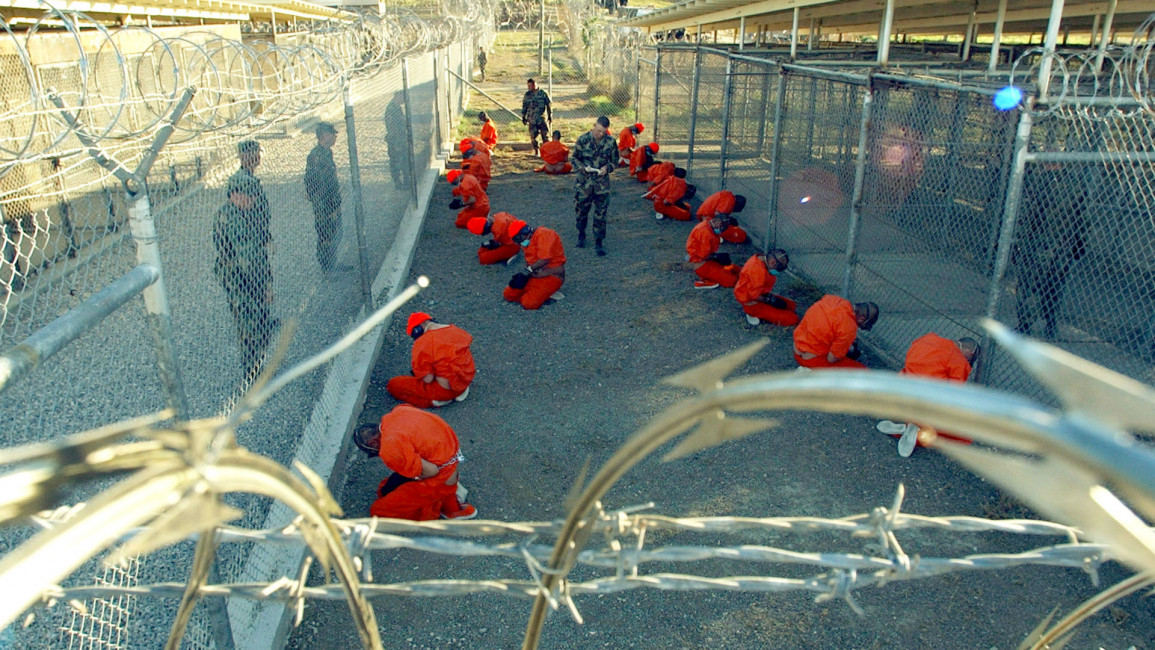Al-Qaeda suspect in Yemen clouds Guantanamo Bay’s future
In its first case of dealing with terrorism, the Trump administration is now contemplating on what it should do with a suspected member of al-Qaeda.
A New York Times report released late on Monday sparked fears that he may be sent to the controversial Guantanamo Bay detention centre.
The case of the suspect, Abu Khaybar, who was captured last autumn in Yemen is now being taken to the current US Presidency. When Donald Trump was elected, it was clear from early on that he had no intention on completing the closure of Guantanamo Bay, a project started by former US President Barack Obama.
The levels of public information available on the potential Guantanamo Bay prisoner is currently as ambiguous as his future. Abu Khaybar is believed to be around 40 years of age and his nationality is believed to be Sudanese, and his "strong affiliations with al-Qaeda" have built up over the course of many years. It is estimated that he moved from Sudan to Yemen via Somalia in 2015, where he was then captured and held months later by an unknown country.
Within the Trump administration, there are growing levels of outward support to keep Guantanamo Bay Open. Trump’s appointed Attorney General Jeff Sessions has repeatedly expressed support for trialling suspects of terrorists in military courts. Last month Sessions confirmed that his official standpoint on Guantanamo Bay is that the controversial prison should be kept open.
A Draft Executive Order which Washington Post and New York Times leaked last month provides additional evidence that Trump has every intention on keeping Guantanamo Bay open and functioning.
Within the order, Guantanamo Bay was described as “safe, legal and humane, and are consistent with international conventions regarding the laws of war”, completely ignoring the proven allegations of torture against prisoners inside the detention centre.
The White House was quick to distance itself from the leaked document, and denied even knowing of its existence. White House Press Secretary Sean Spicer refused to comment on whether the leaked report is in line with the Trump administration’s policies, but denied it being a White House document.
While it looks as though the Trump administration is in favour of keeping Guantanamo Bay open, there are many and institutional boundaries that Trump would have to override. One of them, Trump even created himself by allowing his appointed Defence Secretary, James Mattis, who is an outspoken critic of the use of torture to override his decisions on torture.



